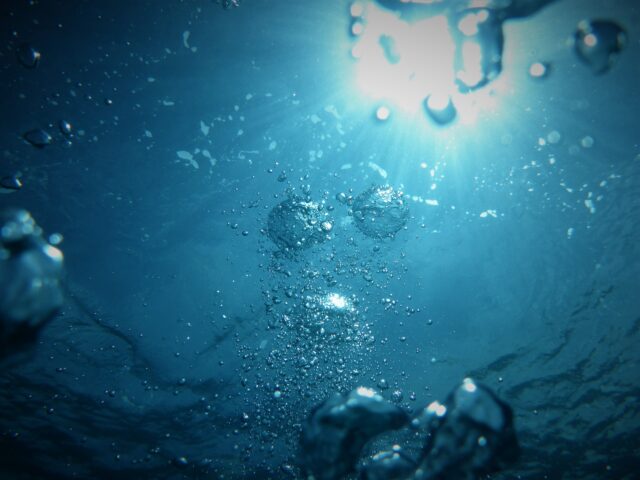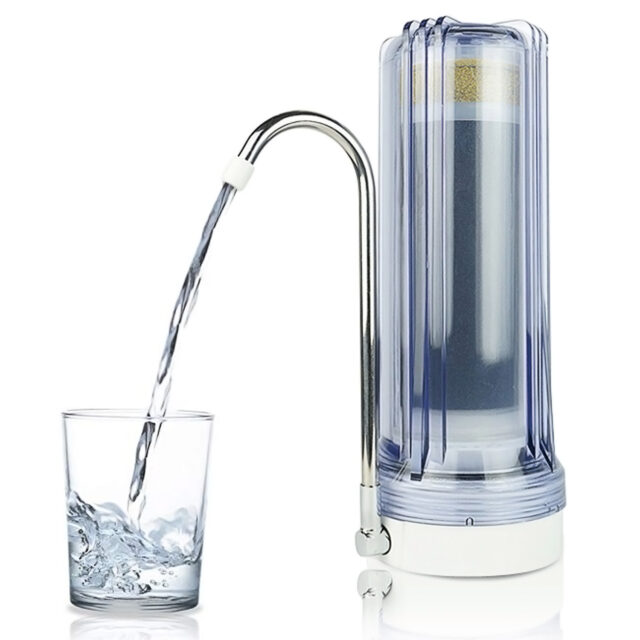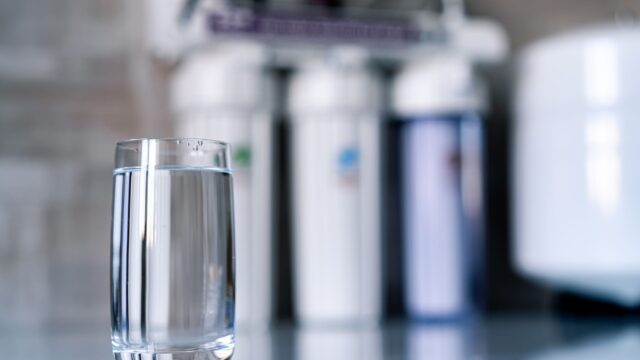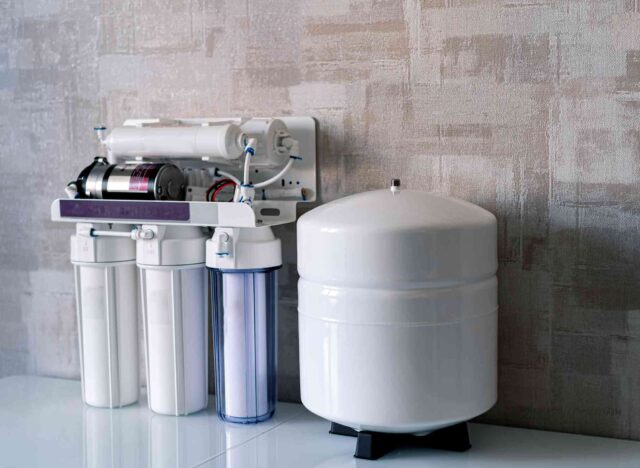
Water filtration units are gradually making a comeback as they help reduce pollution on earth by plastic bottles and other by-products of the processing and packaging process. According to thewatermachine.com, water purification has been made easier by technological advancements in the modern-day. The units are less bulky, and the prices are also competitive.
The recent changes in systems that one can use by manufacturers have propelled the popularity of water filters. The portable alternatives are ideal for outdoor activities and settings. Before buying any of the models in the market, there are certain factors that one must evaluate. However, before we look at these aspects, let us first understand what water purification is.
So, What Is Water Purification?

Since time immemorial, most people have been using communal sources of water in our domestic domains. We channel the water into storage tanks and faucets in our homes with the help of innovations such as pumps and pipes. And most times, we rely on third-parties, like the municipal authorities or private contractors, to provide these services.
But there exists some level of uncertainty about the sanitary levels of the water you pipe into your home. We have heard tales of harmful contaminants and dirt in piped water. Or cases of people suing service providers, companies, and industries after developing a debilitating medical condition. These factors have facilitated the need to invest in a process to treat your water, freeing it from dust, dirt, and harmful contaminants.
Through time and space, human beings have come up with ingenious ways to clean and purify the water they use, from the rudimentary sand filter to the time-resistant boiling over high heat. And in the modern-day, there are highly advanced systems and apparatus that have been invented for this purpose. Therefore, water purification is any treatment applied to water to get rid of contaminants and dirt, rendering it safe for human consumption.
The company that supplies you with water probably cleans your water using various chemicals that often contain chloramines or chlorine. These methods are highly effective against waterborne diseases like cholera and dysentery. But it wouldn’t hurt to install a water purification system in your house to be sure that the water your family drinks is clean. Plus, some people find the taste and odor of residual chlorine in water repulsive.
Whether you pick reverse osmosis, ion exchange, or activated carbon, the system you choose will determine the purity level of water in your home. Which brings us to the most crucial issue: how does one choose a water filter? Here are some of the top factors to consider with every purchase.
1. Capacity

How much filtered water do you need? There are several types of filters from different manufacturers in the market. They each have varying capabilities. Some can filter large amounts of water within a short interval. Depending on the number of people consuming drinking water in your household, pick a water filter with the required filtration rate.
2. Type of water
The water quality dictates the best water filter for one to buy. The different brands in the market have specific applications necessitating the need for one to test the water quality before deciding. Smell and taste are the two aspects that one must consider. Water with these two impurities requires advanced filters to eliminate the foul odor and taste for different functions. Not all water filtration units are ideal for drinking water treatments. Some are best for general use within the home because they do not remove all the impurities in the water, making the filtered volume unsafe for drinking.
3. Cost

The market has both affordable and expensive water filters. The cost of buying the filter is not the only one that you should consider. Some filters are single-use, and once the validity period reaches, the entire unit is disposed of. This is not economical for households that filter large volumes of water in the long run. The other water filtration systems require filter replacement after filtering a certain amount of water. It would be best if you calculated the cost of acquisition and maintenance before buying any of the models in the market. Evaluate your household’s needs to determine the best filter to filter the impurities out of the water for an extended period.
4. Installation
Most water filters in the market today are easy to install within the home or in recreational vehicles. When picking a filter, you must consider the installation process and the placement. Some water filters are incorporated in the existing plumbing system, while others are attached to the faucets. Buying a unit that is not compatible with the existing infrastructure will increase the cost of installation considerably. Versatile units that fit with the different plumbing systems dimensions should be given top priority. If you are unsure about the installation process, it is best to call an expert to ensure seamless integration.
5. The brand

Different manufacturers produce water filters with varying sanctification rates. If you can afford it, conduct water analysis to determine the pollutants and contaminants you need to filter out. Overall, opt for a brand that offers the highest sanitation percentage.
These are some of the essential factors to bear in mind, but they are not the only ones. Other elements, such as the composition of the family, efficiency, and ease of use, are others for you to consider. The construction should be solid to guarantee longevity. Also, the manufacturer should use premium quality materials that are chemical-free to make sure that the water filter does not add toxic substances to the filtered water.
Take Away
Being aware of the potential health hazards found in many of our drinking water sources enables you to adopt effective preventive measures. Once you know what you need to remove, you are better placed to make the right choice when picking a water filter for your home. Keep the five factors mentioned above in mind next time you are shopping for a water filter to help you breeze through the process.








